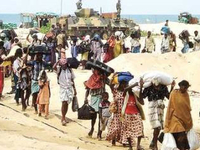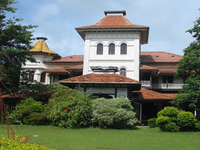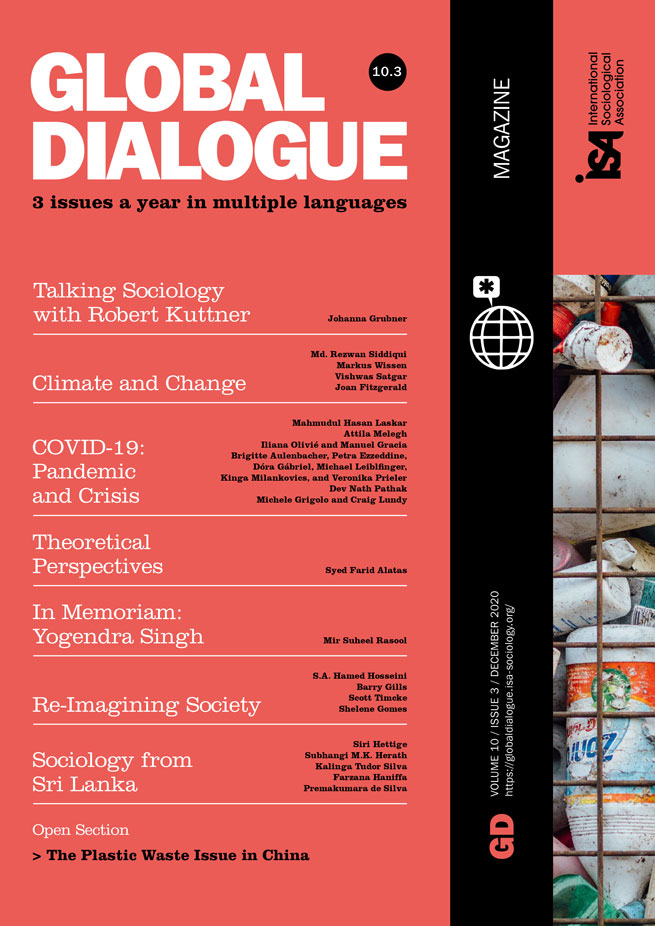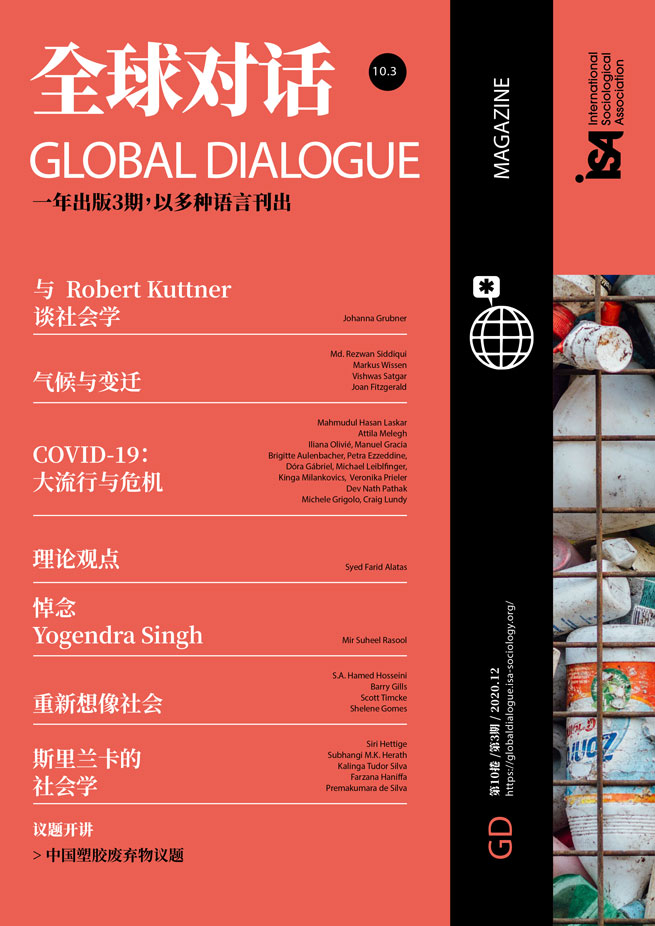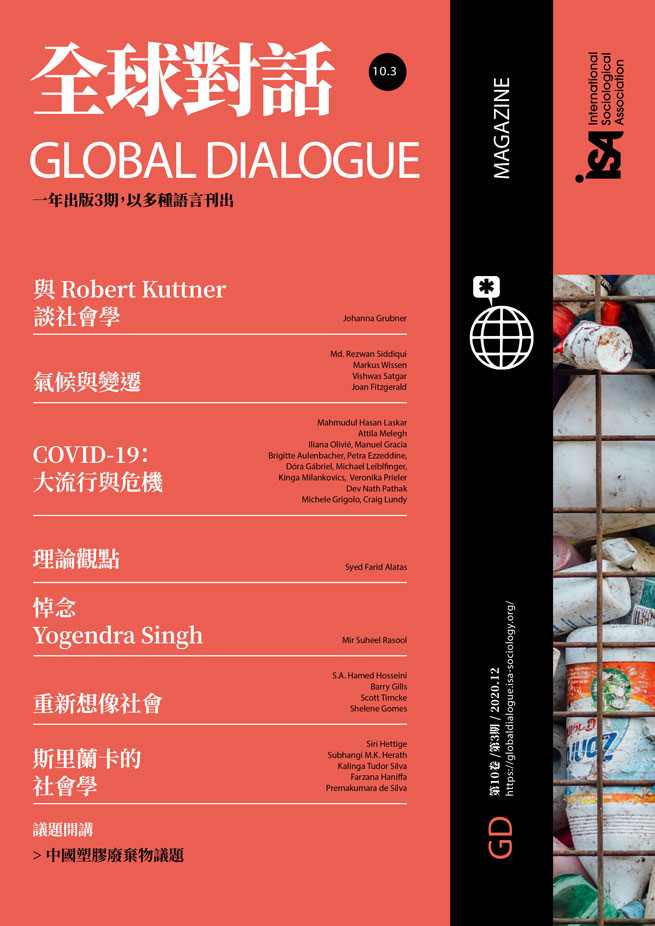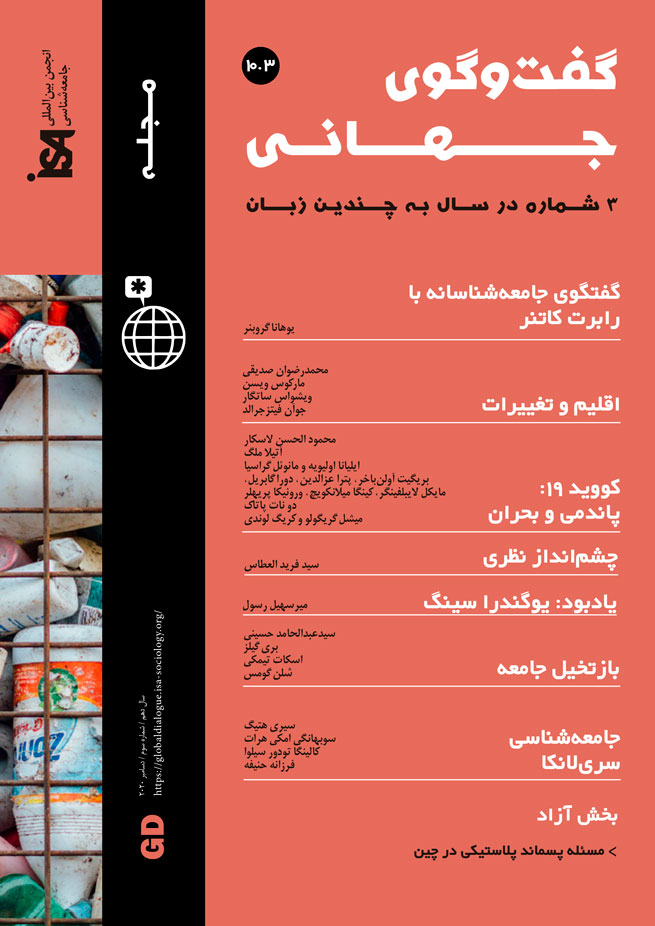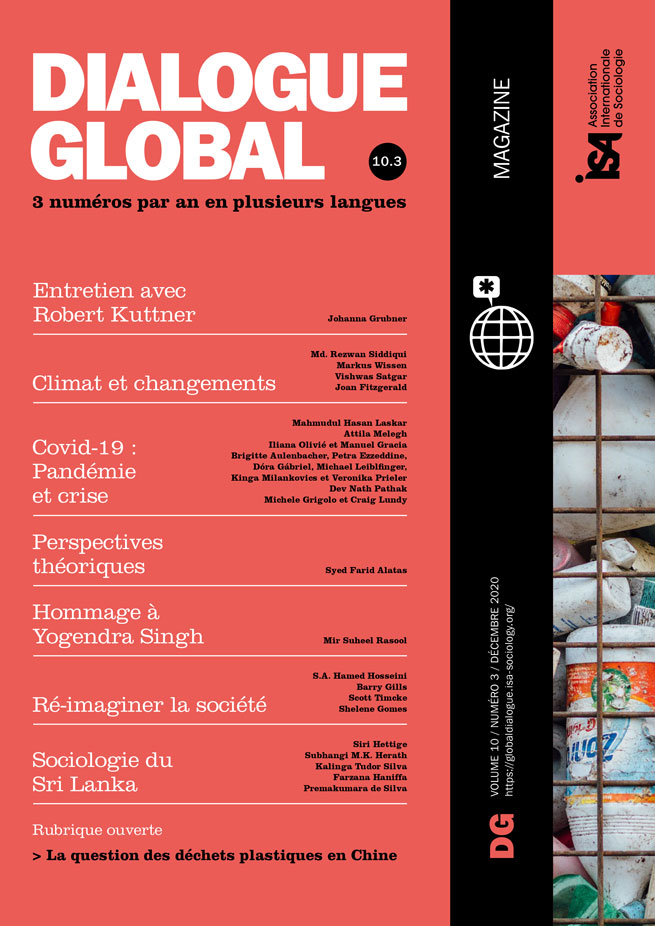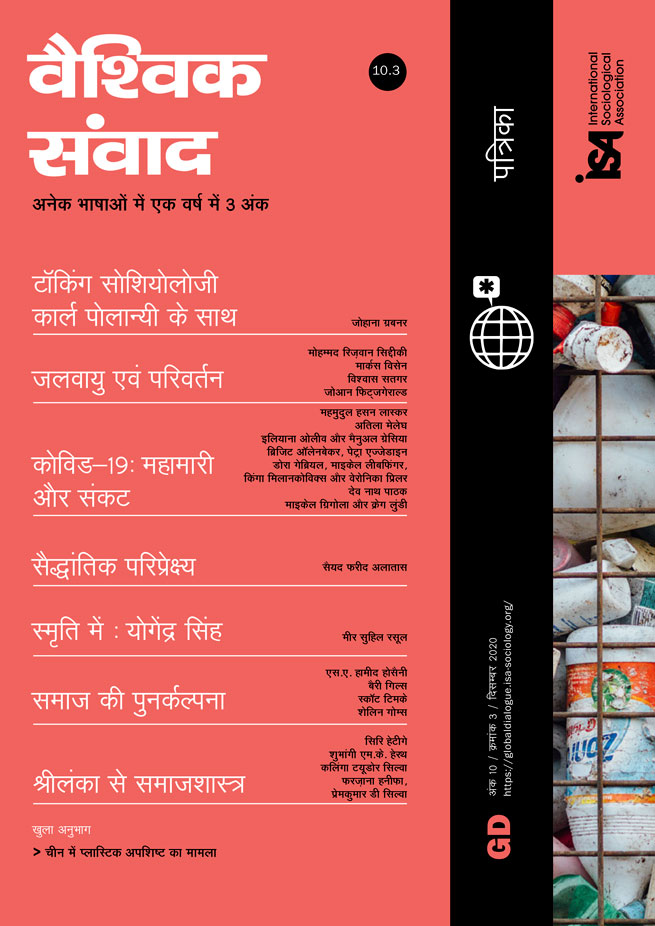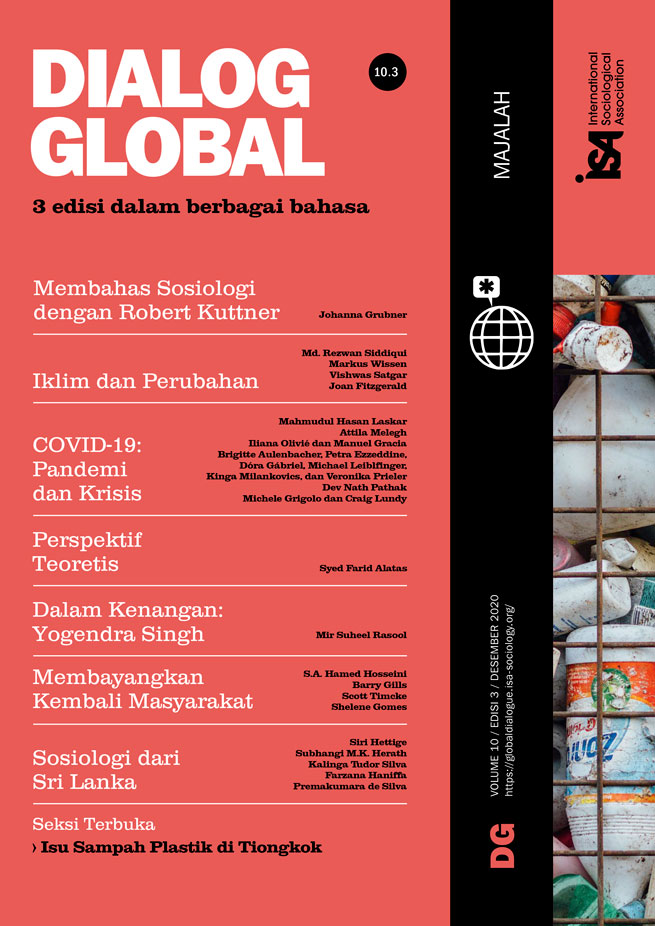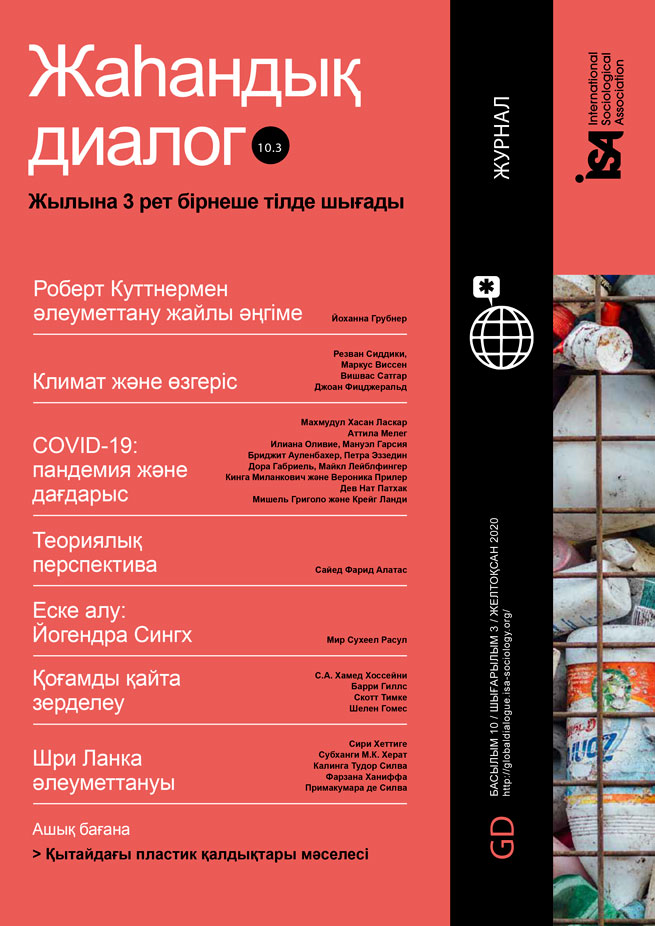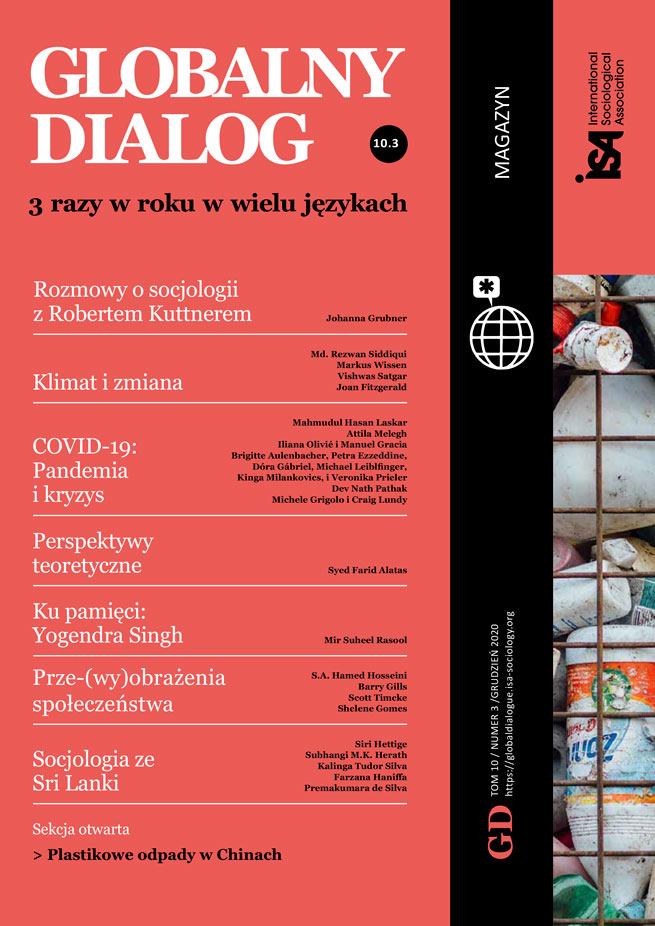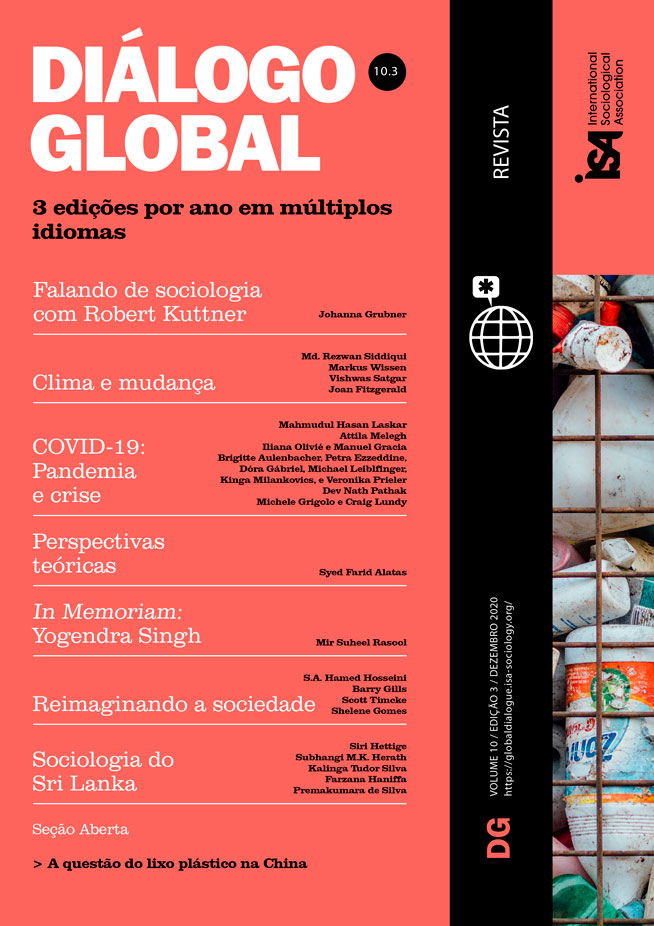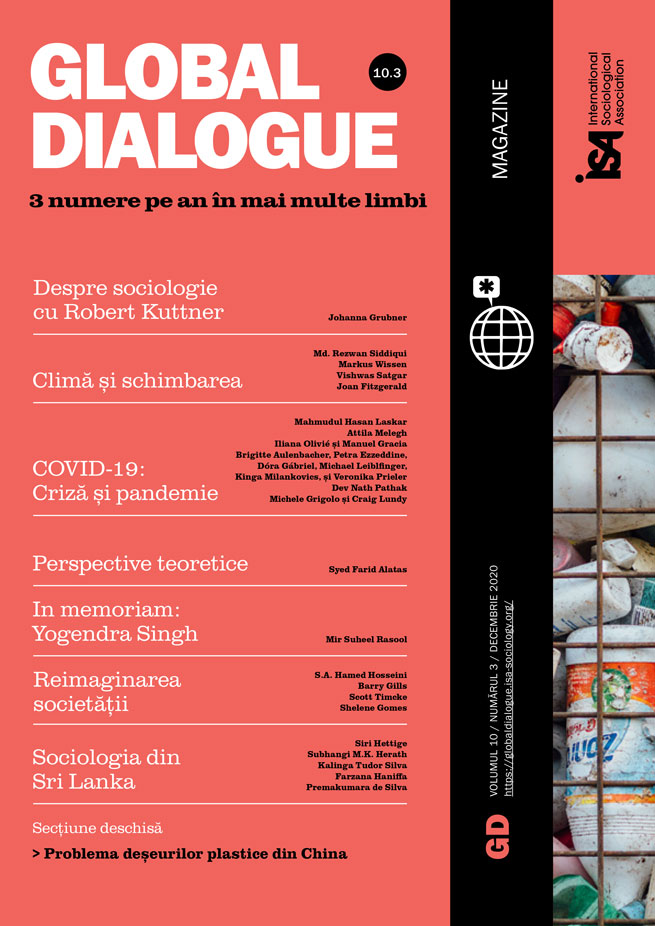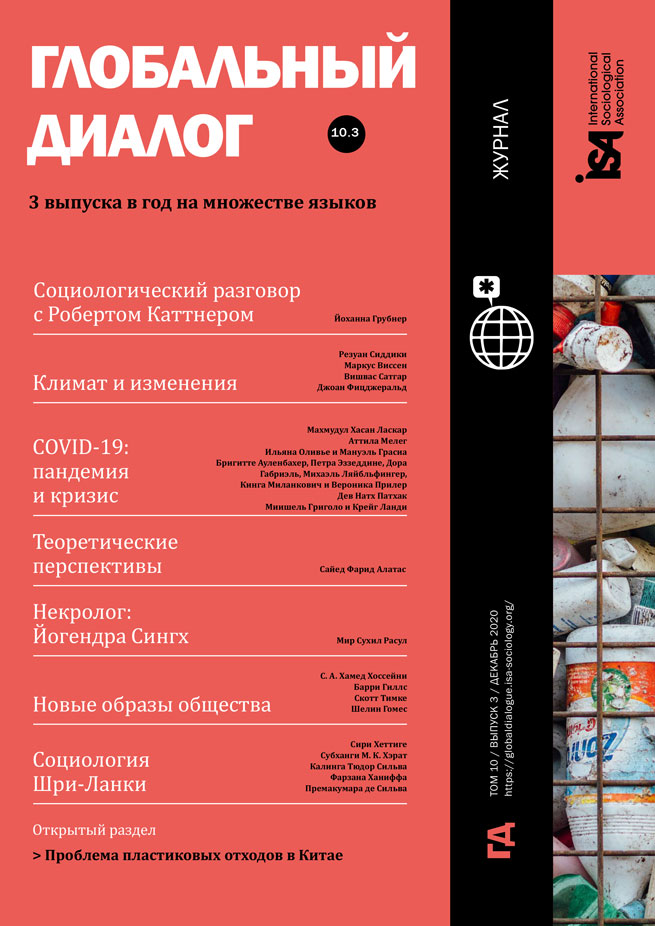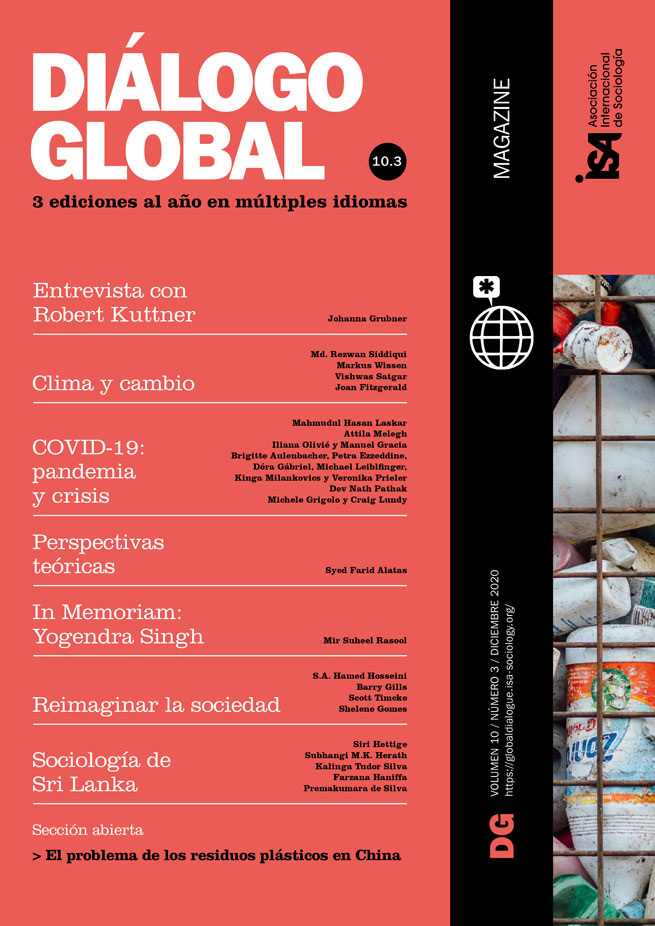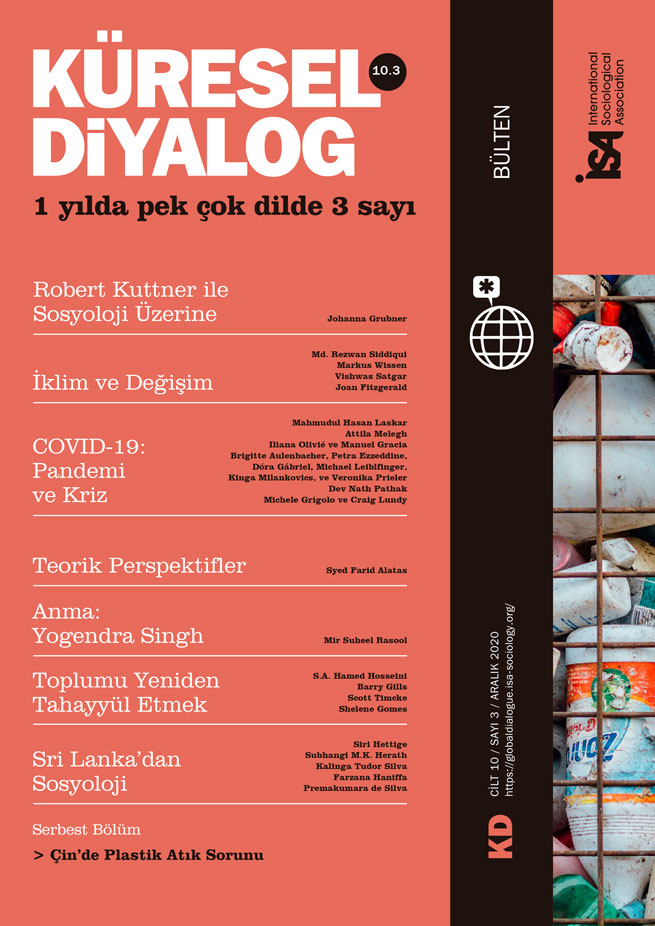Sri Lanka has a long tradition of sociological and anthropological inquiry, which is evident from the extensive work done by both foreign and Sri Lankan sociologists and anthropologists on aspects of Sri Lankan society and culture. Their noteworthy contribution to this tradition is evident from the useful bibliographical surveys of Ian Goonetileke (1979), and published field research by Liz Nissan (1987), Bruce Kapferer (1990), Michael Roberts (1997) Tudor Silva (1990, 2000), Susantha Goonatilake (2001), Sasanka Perera (2005, 2014), Siri Hettige (2010), and Siri Gamage (2014). However, in this brief essay, I concentrate on the interlinkages between sociology and anthropology in Sri Lanka. Highlighted in this essay are certain areas in which anthropologists and sociologists have done research.
The anthropology / sociology overlap
It has been over 60 years since anthropology and sociology were introduced as areas of study at Sri Lankan universities. There is no doubt that sociology is one of the most popular subjects among university students today. A remarkable feature of Sri Lankan sociology is that a clear division between anthropology and sociology is not maintained. Academics trained at home or overseas in anthropological and sociological traditions often work in departments of sociology at Sri Lankan universities. Like many other sociologists in Sri Lanka I myself was trained in both traditions. The other remarkable feature is that the great majority of Sri Lankan sociologists cum anthropologists have concentrated their research efforts on Sri Lanka itself and few have done research elsewhere. S.J. Tambiah’s work on Thailand (Buddhism); Chandra Jayawardena on Guinea and Fiji (plantation workers); and Arjun Gunaratne on Nepal (kinship) are notable exceptions. As far as subject content is concerned, it is difficult to separate them, since almost all the sociology departments in Sri Lankan universities have developed their undergraduate and postgraduate level course contents with a mixture of both disciplines, often disregarding boundaries separating sociology and anthropology. Students ultimately receive their degree certificates under the sociology label. However, some argue that currently what is taught and produced in the name of anthropology and sociology is not comparable to international standards.
A historical overview
From a historical point of view, anthropological and sociological interest in Sri Lankan culture and society began to grow during two different historical periods: anthropology emerged in the colonial period, while sociology flourished in the post-colonial period. While anthropology was very much connected to colonial rule, sociology initially evolved under the guidance of an American scholarly intervention, largely due to the appointment of Bryce Ryan as the first professor of sociology at the University of Ceylon in the early 1950s. The origin of the anthropological research tradition in Sri Lanka can be traced back to at least the British colonial period. The ethnographic work of Seligman on the aboriginal Vadda community in 1911 can be considered as the beginning of this tradition. During the First and Second World Wars, Sri Lanka lagged behind in terms of anthropological research. Soon after Sri Lanka’s independence, in 1949, the teaching of sociology as a subject was introduced and by 1959 the first full degree program was awarded. In the mid-1950s there were many texts of great ethnographic/sociological value produced by Sri Lankan and foreign scholars. This was built upon by later sociological and anthropological work by such scholars as Bryce Ryan (1953), Ralph Peiris (1956), Edmond Leach (1960, 1961), Gananath Obeyesekere (1966), Nur Yalman (1967), Kitsiri Malalgoda (1976), H.L. Seneviratne (1978), and Bruce Kapferer (1983). Much of anthropology/sociology in post-independence Sri Lanka did not directly address the issues of the newly emerging “nation-state” of Sri Lanka but rather focused on issues like caste, kinship, land tenure, and popular religion.
The “foreign” anthropologists who conducted much of their research on Sri Lanka came mainly from British, American, and Australian universities. There have been several outstanding contributions by foreign anthropologists to the study of Sri Lankan culture, society, and politics. However, their anthropological work was greatly influenced by the work of the two most prominent anthropologists Sri Lanka has produced, Gananath Obeyesekere and S.J. Tambiah, both of whom came into prominence during their academic career in top-ranking North American universities. The local anthropological/sociological tradition was mainly built upon the work of these anthropologists, although much subsequent research done by both foreign and local scholars as well as by researchers of Sri Lankan origin based in other countries has made significant contributions to exploring hitherto neglected and emerging social and cultural issues in Sri Lanka.
Changing concerns
Since the early 1980s, Sri Lankan sociology/anthropology has shifted attention to study group violence in Sri Lankan society − intra-societal violence involving ethno-religious communities as well as disadvantaged groups in society like marginalized youth. The post-independence generations of sociologists and anthropologists who made significant contributions in this area included Newton Gunasinghe, Siri Hettige, and Tudor Silva, who had just returned following their doctoral studies in foreign universities and began to explore new areas of research such as inequality in rural Sri Lanka, youth identity and violence, and public health. It is significant that the work of the above and other scholars in recent years has been influenced by the theoretical and methodological insights of long-established anthropological and sociological traditions.
An attempt has been made in this short essay to provide an account of the development of anthropology and sociology as fields of study, research, and teaching in Sri Lankan universities, since the establishment of the first department of sociology in 1949 until more recent times. Today eleven out of fifteen universities in the country offer at least undergraduate courses in these fields. The coexistence of anthropological and sociological traditions in teaching courses, research, and publications is evident to varying degrees across the university system. What is noteworthy is the considerable diversity among academic institutions in terms of quality of teaching, research, and publications and the connection of academics to long-standing traditions in both anthropology and sociology. It is against this background that the work of academics in these fields is likely to face many challenges in Sri Lanka in maintaining a set of shared standards in teaching, research, and dissemination in a complex and dynamic local and global environment.
Premakumara de Silva, University of Colombo, Sri Lanka, and member of ISA Research Committee on Sociology of Religion (RC22) <prema@soc.cmb.ac.lk>
